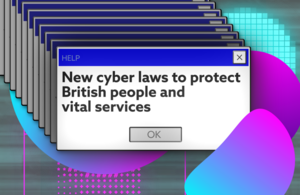EnglishEdward
Deity
I know that some peoples determination to find fault with other
people requires them to desperately misconstrue what I typed.
The theory of burning wood in DRAX and elsewhere instead of
coal was that if coal was burned that would simply increase
atmospheric CO2, but that if wood was burnt from old forests instead,
those old forests would be replaced with new forests which would
absorb CO2 equivalent to that lost by burning the old forests timber.
Now this theory completely ignored the fact that extra CO2 was involved
in cutting and transporting the timber, but more seriously it assumed
that the land where the old forests (or its equivalent) would be kept for new
forests and those replacement forests would naturally grow or be planted.
If the area where the old forest was remains barren mountain, reverts to
tundra, becomes a prairie, or is turned over to agriculture or building etc,
the new forest does not grow. This has two implications; firstly the
omitted quantity of CO2 is not recaptured and secondly that any
net C02 absorption that the old forest was making ceases.
There is no mechanised to ensure that felled old forest is replaced by
new forest, so the theory fails - hence my "misplaced environmentalism".
people requires them to desperately misconstrue what I typed.
The theory of burning wood in DRAX and elsewhere instead of
coal was that if coal was burned that would simply increase
atmospheric CO2, but that if wood was burnt from old forests instead,
those old forests would be replaced with new forests which would
absorb CO2 equivalent to that lost by burning the old forests timber.
Now this theory completely ignored the fact that extra CO2 was involved
in cutting and transporting the timber, but more seriously it assumed
that the land where the old forests (or its equivalent) would be kept for new
forests and those replacement forests would naturally grow or be planted.
If the area where the old forest was remains barren mountain, reverts to
tundra, becomes a prairie, or is turned over to agriculture or building etc,
the new forest does not grow. This has two implications; firstly the
omitted quantity of CO2 is not recaptured and secondly that any
net C02 absorption that the old forest was making ceases.
There is no mechanised to ensure that felled old forest is replaced by
new forest, so the theory fails - hence my "misplaced environmentalism".



